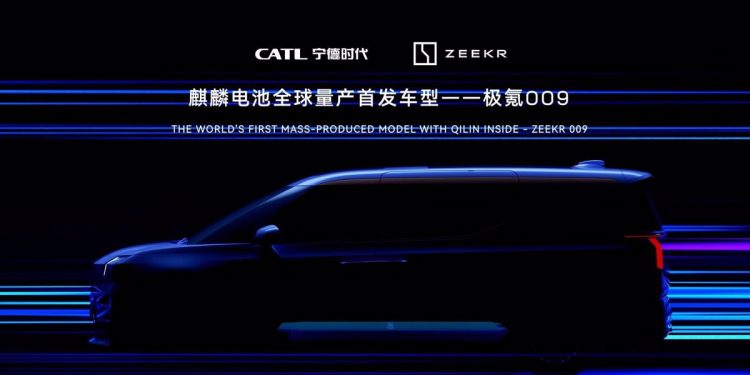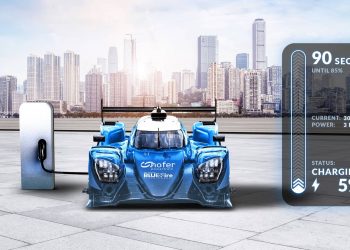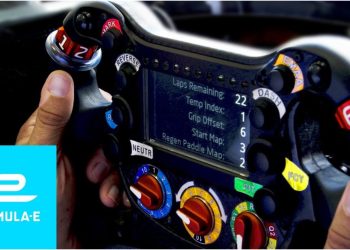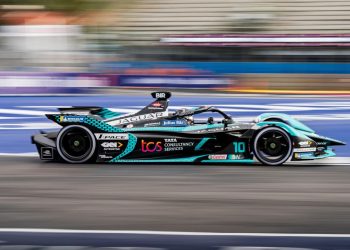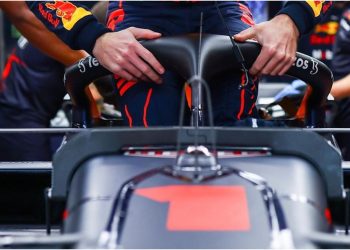Last July, the world’s largest manufacturer of batteries for electric cars, CATL, presented the company’s latest innovation by unveiling the so-called Qilin batteries, capable of 80% recharge in just 10 minutes, a figure that is already encouraging, but which CATL said can be halved.
With energy density and space utilization, the new product was expected to offer up to 1,000 kilometers of autonomy in an electric car, which seems to become a reality through the alliance between CATL and Zeekr, a Chinese car brand owned by Geely Automobile.
Both companies announced the arrival in 2023 of electric cars with 1,000 kilometers of autonomy, a product of the new Qilin technology that will be applied in the new Zeekr 001, a model that will be ready to arrive at dealerships in the second half of next year.
Partnership Details
CATL and Zeekr have entered into a five-year strategic cooperation agreement. As a result of this collaboration Zeekr will become the first mass-production electric car brand with Qilin batteries that promise the coveted 1,000 km of range.
Related content: A 17-year-old Invented a Motor that Could Revolutionize the Electric Vehicle Industry
CATL anticipates that the arrival of Qilin batteries will provide a new and definitive boost to the electric car transition process, as this innovation will offer the ability to take full advantage of their energy efficiency.
Highly innovative
CATL’s third-generation CTP technology has been used in the development process of the new Qilin batteries. They have an unprecedented volume utilization efficiency of 72% and an energy density of up to 255 Wh per kilogram. This enables the highest level of system integration in the world so far.
Another outstanding feature of Qilin batteries is their large-area cell cooling technology. Thanks to this, it supports hot start in 5 minutes and fast charging in 10 minutes.
In addition, with the same chemistry and pack size, it can deliver 13% more energy than the 4680 battery, achieving a comprehensive improvement in range, fast charge, safety, service life, efficiency and low-temperature performance.





